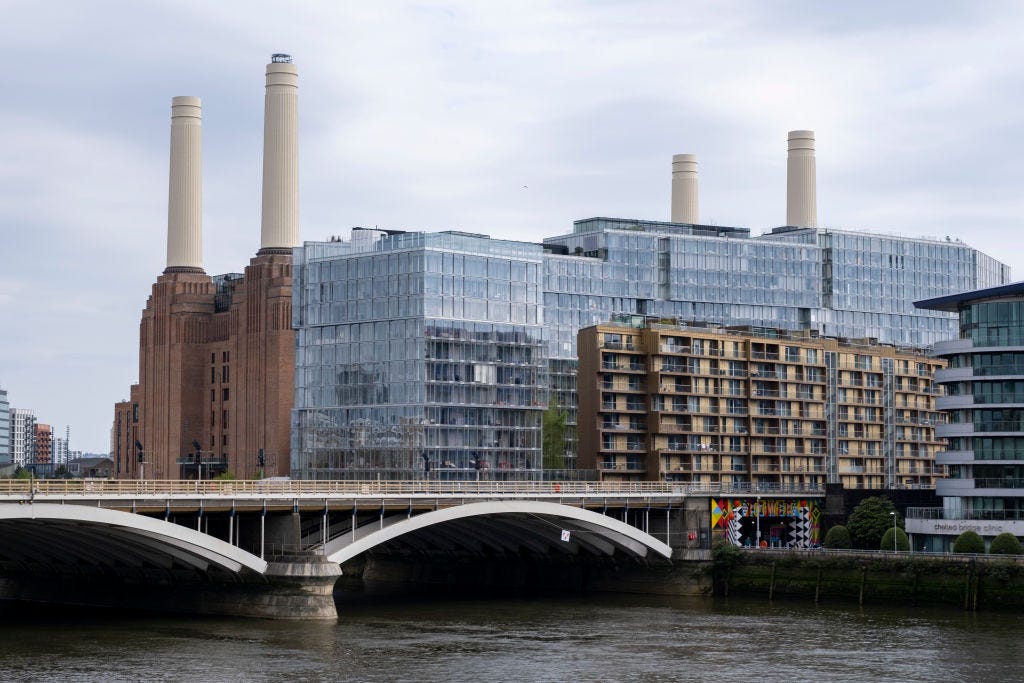The Battersea Problem
The Tories and ‘Successful Britain’
As Labour settle into the challenges of governing, the Tories are beginning the search for a new leader, with the first round of nominations next week. We’ve had plenty of speculation about who will be running, but precious little analysis from any of the candidates as to why the party is in such a mess.
I hope they all read today’s guest post from Lewis Baston, one of the most astute political analysts in the UK. Lewis started out as a researcher to the great David Butler, who founded election studies in this country, and has subsequently written a number of outstanding political biographies. His most recent book “Borderlines: A History of Europe, Told From the Edges” is a fascinating guide to the way redrawn borders have changed the continent’s history.
In this piece he uses the changing politics of one constituency - Battersea - to illustrate the core strategic problem facing the Tories, whoever they pick as leader.
The Battersea Problem
It was not until I heard a Conservative strategist write off Battersea – not just in the difficult context of the 2024 election campaign but forever – that I realised quite how bad the situation had become for conservatism in Britain. James Johnson, the pollster who runs JL Partners, wrote in the Daily Telegraph on 19 June that ‘The least understood thing in British politics is that the seats won through Cameroon triangulation, like Battersea and Brighton Kemptown, were lost to Labour seven years ago and are not coming back.’
Johnson is no fool and his words should be taken more seriously than those of some ranting columnist. But if he is correct, the Conservative Party has ceased to be a party of the centre-right and has been transformed, in a historical blink of an eye, into something entirely different. Few have grasped the scale of the change, although one anonymous Conservative candidate interviewed for the Financial Times got to the root of the problem: ‘How did we stop being the party of successful Britain?’.
Introducing Battersea
Let us look first at Battersea, this spurned constituency that symbolises a Tory past, before broadening to conclusions about where the Conservatives, and politics in general, are headed.
Keep reading with a 7-day free trial
Subscribe to Comment is Freed to keep reading this post and get 7 days of free access to the full post archives.




